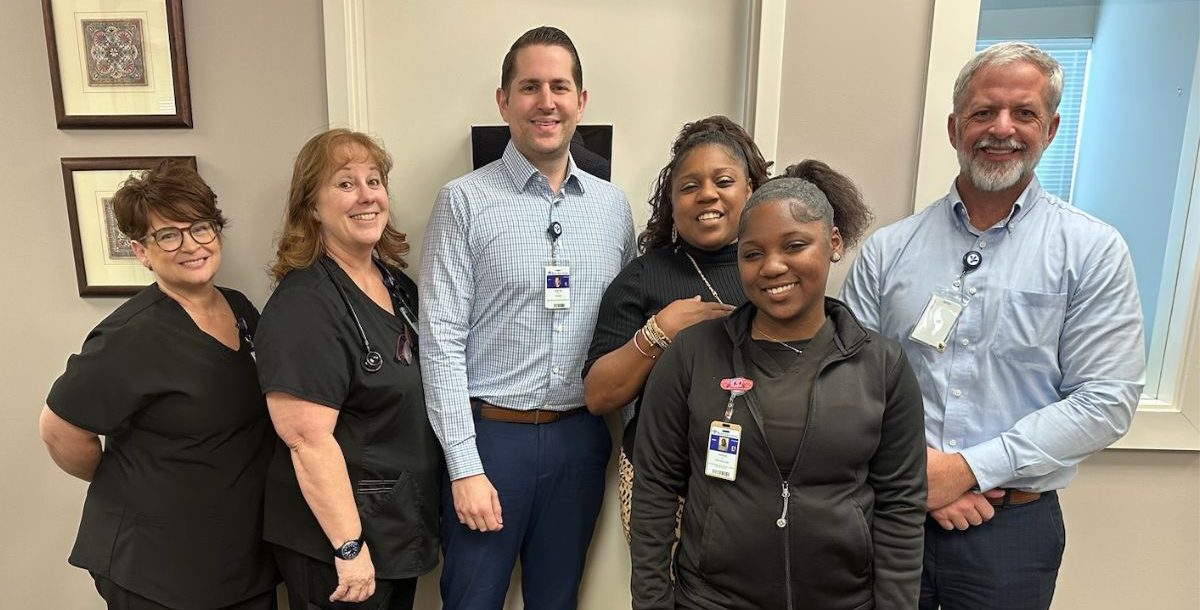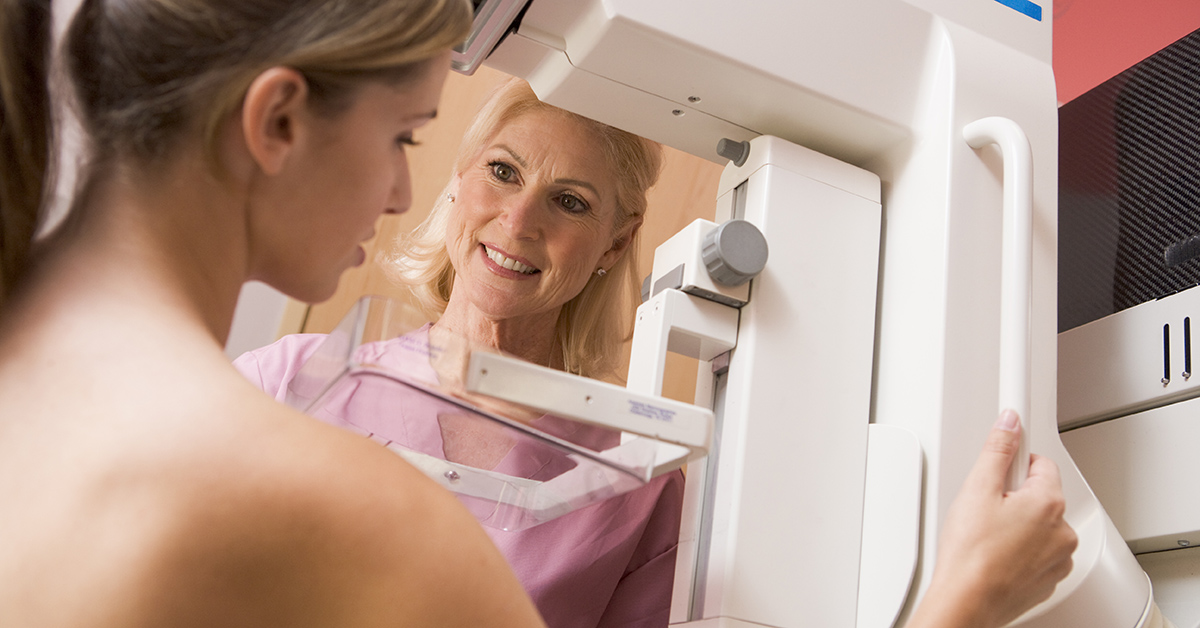“Pancreatic cancer is a rarer cancer, to the point that you may only see a patient with pancreatic cancer a few times over the course of a career,” Ross Sage, MD, a gastroenterologist with Bon Secours St. Francis Gastroenterology, explains. “Even as survival improves in other cancers, pancreatic cancer receives just 3 percent of research funding and has no routine screening test. So, it’s no surprise that nearly half of pancreatic cancer cases are diagnosed as an emergency presentation, when the disease is already in its latest stages.”
What is the pancreas, you might be wondering? It’s an organ located in the lower part of your stomach that releases enzymes for the digestive process. It also produces hormones that enable your body to regulate blood sugar.
The pancreas is important to your overall health, and yet public awareness of pancreatic cancer and its symptoms is extremely low. Therefore, people may not consider their symptoms to be important, and may delay visiting their doctor.
Even if it’s found early enough to provide surgical intervention, recurrence is common for patients with pancreatic cancer. That’s why prevention is key, and that starts with knowing your risk factors.
Smoking, diabetes, obesity and chronic pancreatitis, also known as inflammation of the pancreas, put you at higher risk for this disease. Also, certain genetic syndromes and a family history of pancreatic cancer increase your risk.
“This is one of the reasons having a primary care provider is so important,” Dr. Sage adds. “They play a very important role in the diagnosis of all cancers, as they can help you be aware of your risk level as well as monitor for symptoms of the disease that can often lead to earlier referrals and fewer appointments before diagnosis. That can and often does save lives.”
Pancreatic cancer also doesn’t cause symptoms until it’s in the more advanced stages.
When pancreatic cancer symptoms do show up, they can include:
- A new diagnosis of diabetes in patients who are normal weight, don’t have other associated metabolic conditions or don’t a family history of the disease
- Pain in the back or upper abdomen, where a bra strap would sit, that can be relieved by leaning forward
- Unexplained weight loss
- Nausea and vomiting or treatment-resistant indigestion
- Altered bowel movements, such as increased frequency, offensive-smelling stools or loose bowels
- Jaundice to include yellowing of the skin and whites of the eyes, or dark urine
If your doctor suspects you have pancreatic cancer, they may ask you to undergo blood, urine or stool tests. They may also have an imaging study such as a CT scan or MRI done.
Once the diagnosis is confirmed, treatment will depend on the patient’s health and the stage of their disease. Standard treatment options include surgery, chemotherapy, radiation or a mix of all three.
Learn more about pancreatic cancer as well as the cancer care services we provide at Bon Secours.





